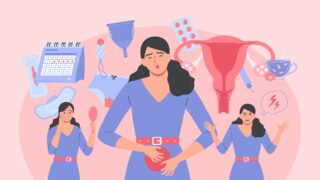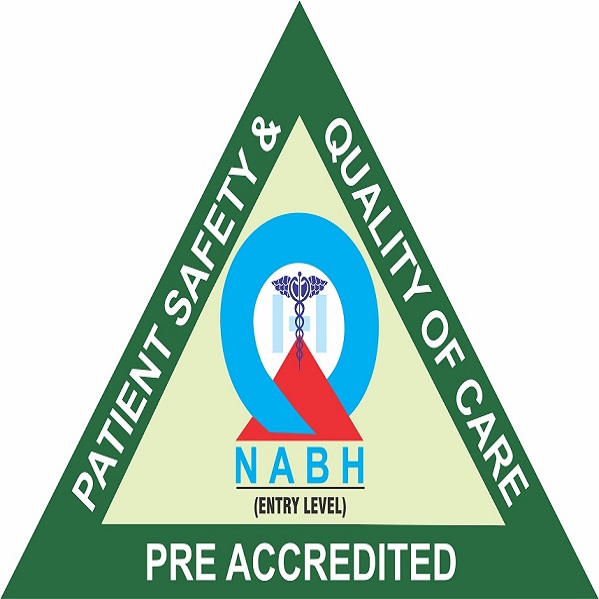Common menstrual problems and their management by Dr. Sonali Agrawal — AHRI Hospital Gwalior
Menstruation is a natural process that occurs in women of reproductive age. It involves the shedding of the uterine lining, which results in bleeding from the vagina. Although menstrual cycles are a routine part of a woman’s life, they can cause discomfort and various health issues. As a gynecologist at AHRI Hospital in Gwalior, I have seen many patients struggling with menstrual problems. In this article, we will discuss common menstrual problems and their management.

- Dysmenorrhea: Dysmenorrhea is the medical term for menstrual cramps. It is a common menstrual problem and can cause pain and discomfort during the menstrual cycle. Pain may range from mild to severe and can last for a few hours to several days. Over-the-counter pain relievers such as ibuprofen or naproxen can help alleviate the symptoms. Regular exercise and a healthy diet can also help manage dysmenorrhea.
- Amenorrhea: Amenorrhea refers to the absence of menstrual periods in women of reproductive age. It can be caused by various factors such as hormonal imbalances, pregnancy, breastfeeding, and menopause. Treatment for amenorrhea depends on the underlying cause. Hormonal therapy, medication, and lifestyle changes can help regulate menstrual cycles.
- Menorrhagia: Menorrhagia is a condition characterized by heavy menstrual bleeding that lasts longer than usual. It can be caused by fibroids, hormonal imbalances, or other medical conditions. Treatment options for menorrhagia include hormonal therapy, medication, and surgery.
- Premenstrual Syndrome (PMS): PMS refers to a range of symptoms that women may experience in the days leading up to their period. Symptoms may include mood swings, bloating, breast tenderness, and irritability. Treatment for PMS may involve lifestyle changes, such as exercise and a healthy diet, or medication to manage the symptoms.
- Polycystic Ovary Syndrome (PCOS): PCOS is a common hormonal disorder that affects women of reproductive age. It can cause irregular periods, weight gain, acne, and excessive hair growth. Treatment for PCOS involves lifestyle changes, such as exercise and a healthy diet, and medication to regulate hormonal imbalances.
- Premenstrual Dysphoric Disorder (PMDD): PMDD is a severe form of PMS that affects a small percentage of women. Symptoms may include severe mood swings, anxiety, and depression. Treatment for PMDD may involve medication, such as antidepressants, and lifestyle changes, such as exercise and a healthy diet.
Menstrual problems can be challenging to manage, but with the right diagnosis and treatment plan, they can be effectively managed. It is important for women to seek medical attention from a gynecologist such as Dr. Sonali Agrawal at AHRI Hospital in Gwalior to address any menstrual concerns. Women should also maintain a healthy lifestyle, including regular exercise and a balanced diet, to promote overall reproductive health. Remember, menstrual problems are common and treatable, and seeking timely medical attention can help alleviate symptoms and promote a healthy menstrual cycle.
For more info. visit : https://www.ahrihospital.com/



